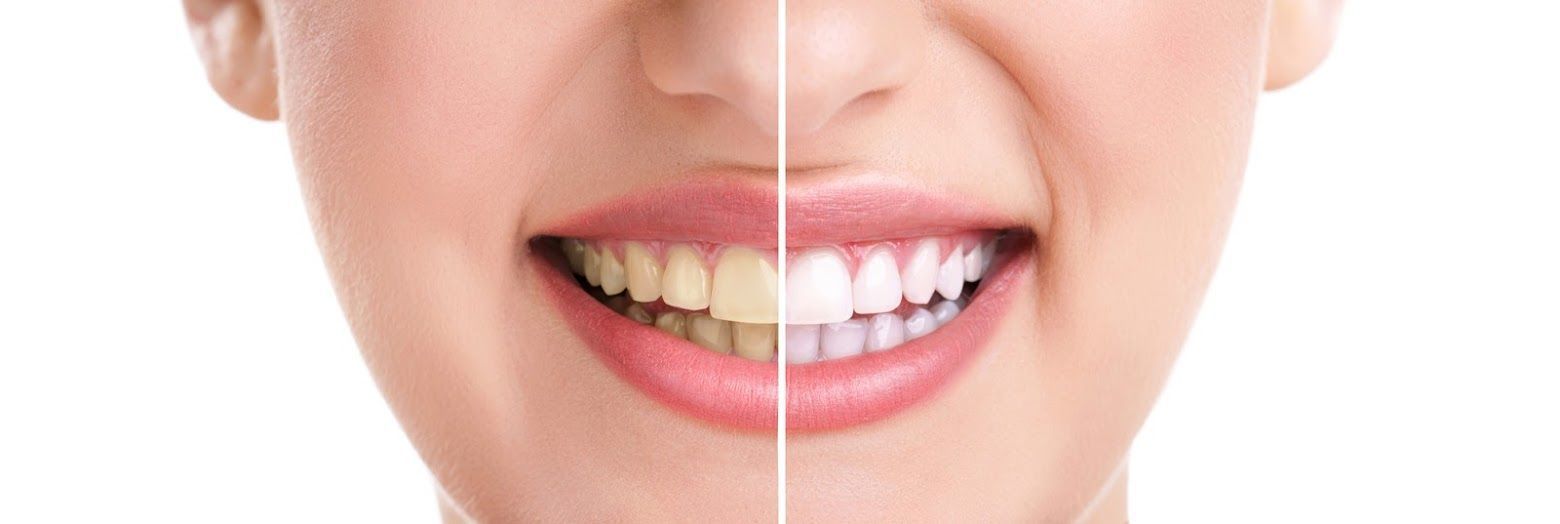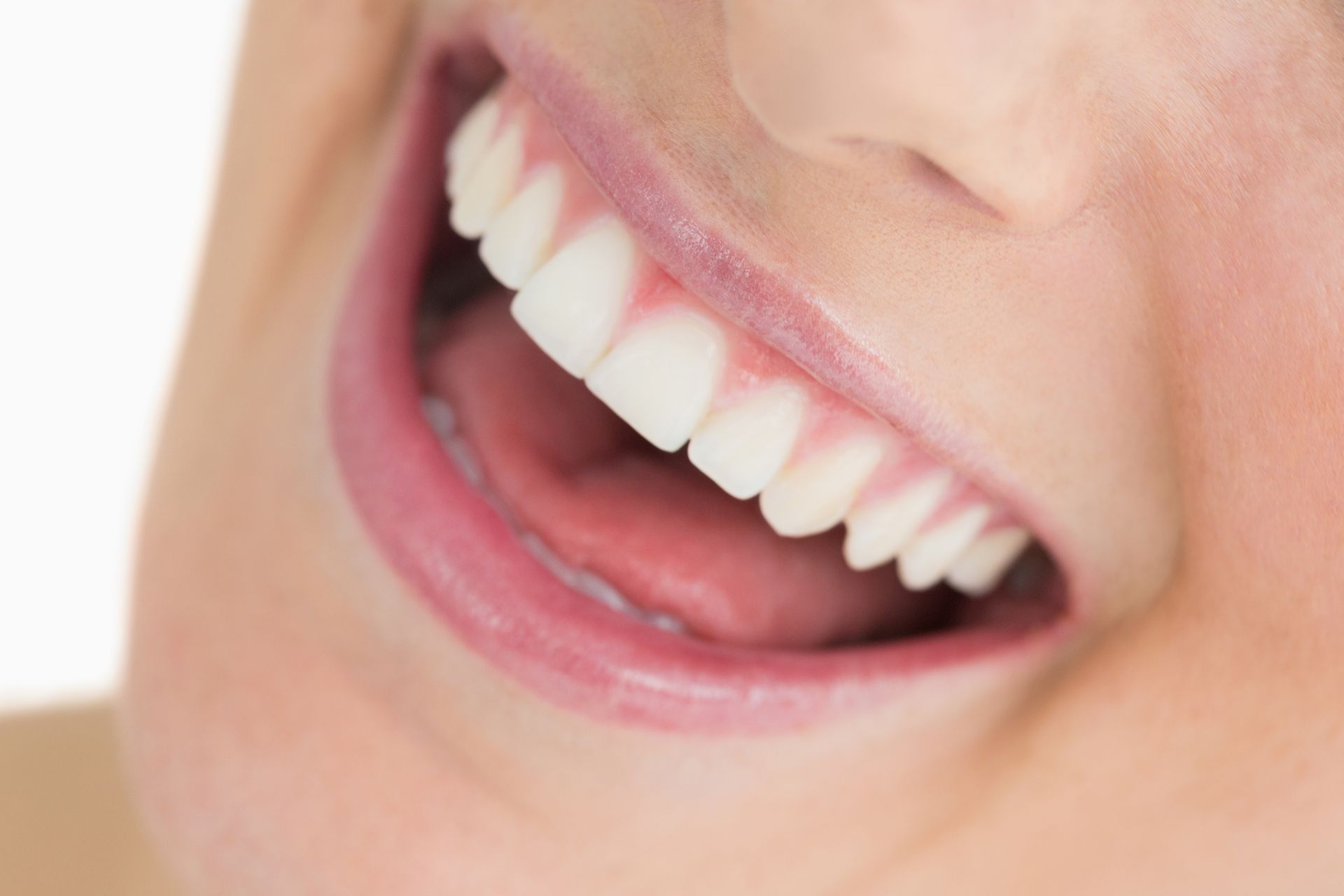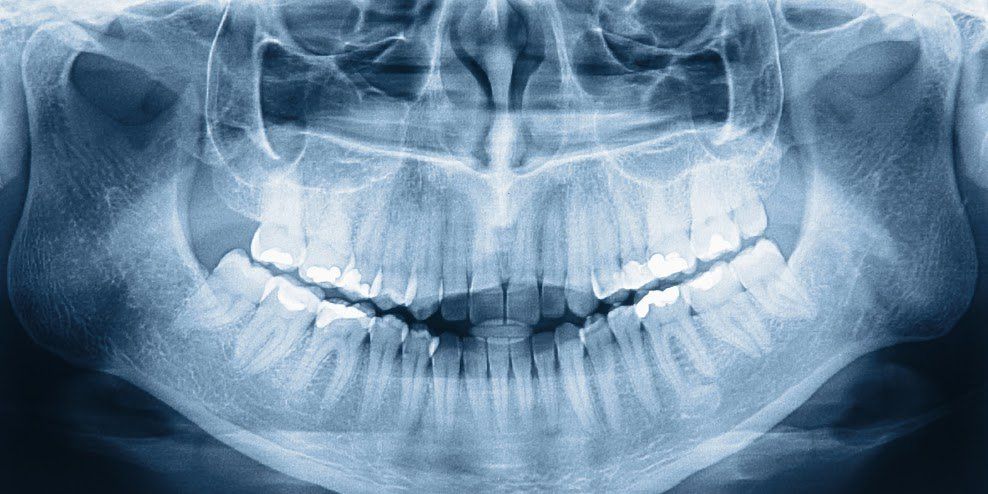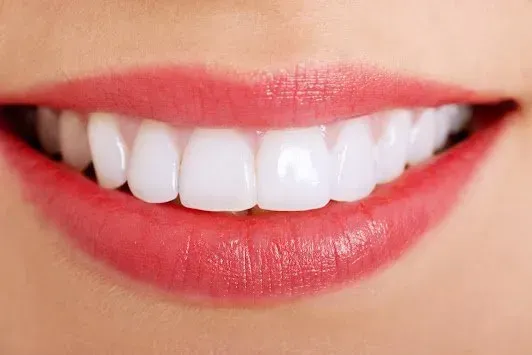Should You Consider Whitening Strips? What You Need To Know

If you want a quick and easy way to whiten your teeth at home, you may have considered whitening strips. You can purchase fairly inexpensive teeth whitening strips at most drug stores. However, you may wonder if teeth whitening strips actually work. Discover some things to know if you have considered teeth whitening strips to whiten your teeth at home.
Do Teeth Whitening Strips Actually Work?
Teeth whitening strips can get your teeth whiter, but the level of whitening strictly depends on how stained your teeth are. If you have minor stains due to eating or drinking things that commonly discolor teeth, whitening strips can be helpful in removing those stains. You may have to apply the strips more than once to notice a significant difference.
If your teeth have stains that go beyond the top surface of the teeth, whitening strips may not have as great an effect. Tooth stains that are due to mediation use, for example, will likely not lift without a professional bleaching application.
What Are Teeth Whitening Strips Made From?
Teeth whitening strips contain bleaching agents that are generally healthy to use at home as long as you follow the package directions. Teeth whitening strips contain peroxide. Two types of peroxide are used, depending on the brand of whitening strips.
Hydrogen peroxide, which you may have in your medicine cabinet, is one type of bleaching agent in teeth whitening strips. Carbamide peroxide is another form of bleach common in whitening strips.
Are Teeth Whitening Strips Bad For Your Teeth?
With proper use, teeth whitening strips are not bad for your teeth. The level of peroxide in whitening strips is minimal and cannot damage your teeth. You may notice some sensitivity when using whitening strips, especially if you are prone to tooth sensitivity. You should also not use whitening strips too frequently, as overuse can increase your sensitivity.
You may also notice some gum irritation when you use teeth whitening strips. The sensitivity can last for a few days, depending on the type of strips you use. For example, some teeth whitening strips are a 24-hour application and can cause more sensitivity than those that only require a 30-minute application.
As you research teeth whitening strips, look at the percentage of peroxide in the strips. The higher the percentage, the more likely you will endure tooth sensitivity.
Additionally, overuse of these strips can result in demineralization of the teeth. This leaves you prone to enamel loss and tooth damage.
Will Whitening Strips Whiten Non-natural Teeth?
If you have crowns, bridges, implants, or veneers and you want to lighten the shade, you will have to go to your dentist or orthodontist to replace them or request information to make them appear whiter. Tooth whitening strips will only bleach natural teeth.
Do Teeth Whitening Strips Permanently Bleach Your Teeth?
Tooth whitening strips remove stains from the surface level of the teeth. This means the teeth can stain again from eating and drinking normally. To maintain your desired level of whiteness, use whitening strips on a regular basis. Ideally, only use whitening strips once a month or less to avoid tooth damage and sensitivity.
What If You Want Better Whitening Results?
If you feel that tooth whitening strips have not done a good job of bleaching your teeth, opt to bleach your teeth professionally. Professional teeth whitening uses various techniques to get your teeth whiter with longer-lasting results.
If you are interested in professional teeth whitening, please give us a call at Desert Dental. We are happy to help you get the bright smile you desire. We look forward to seeing you soon.
















